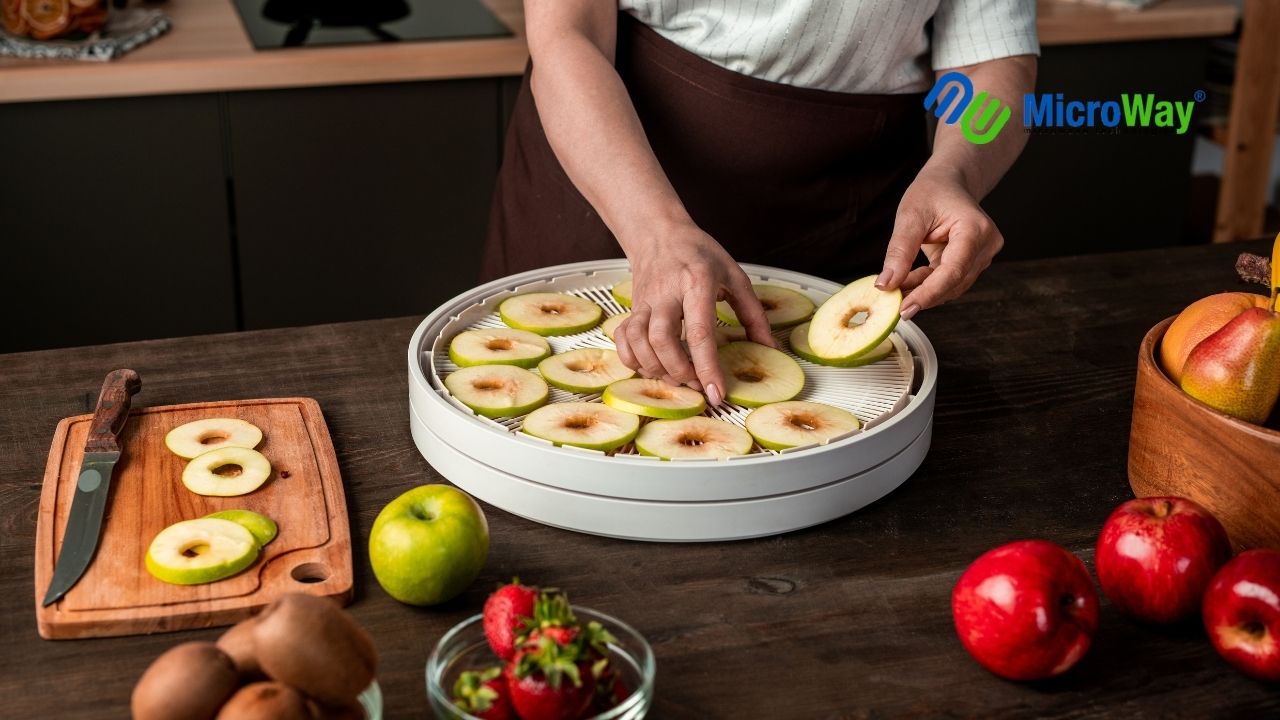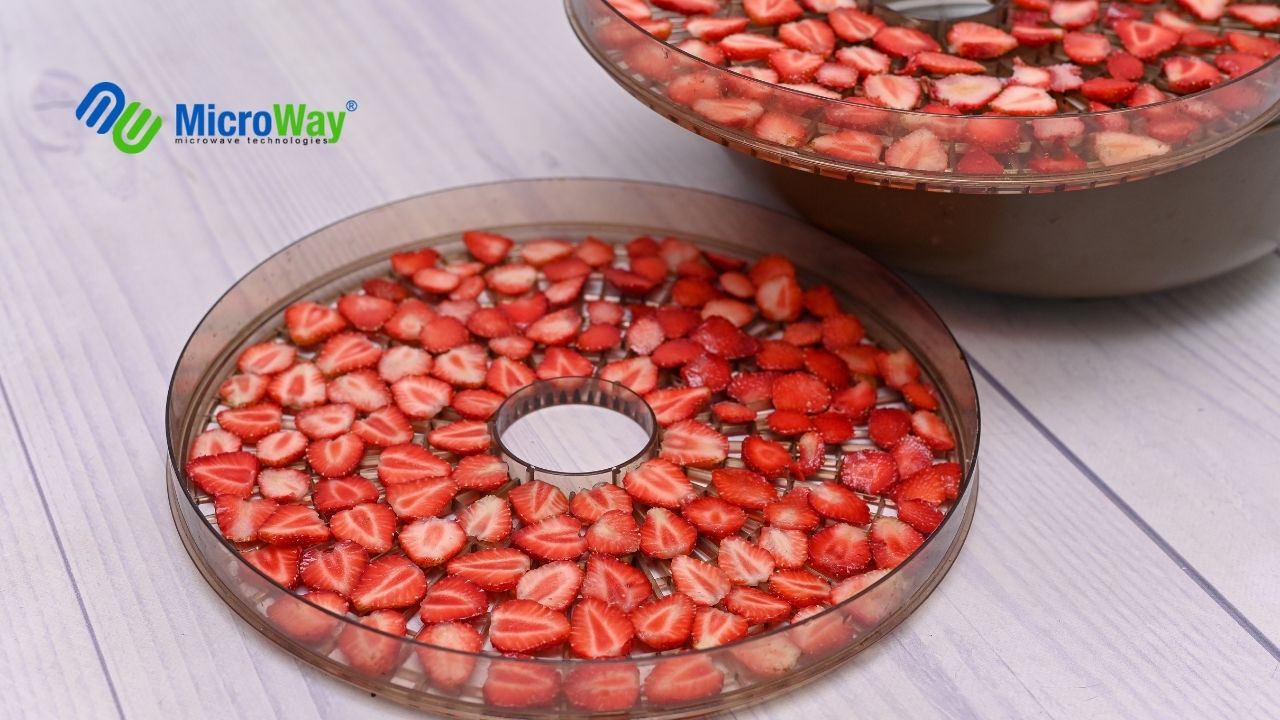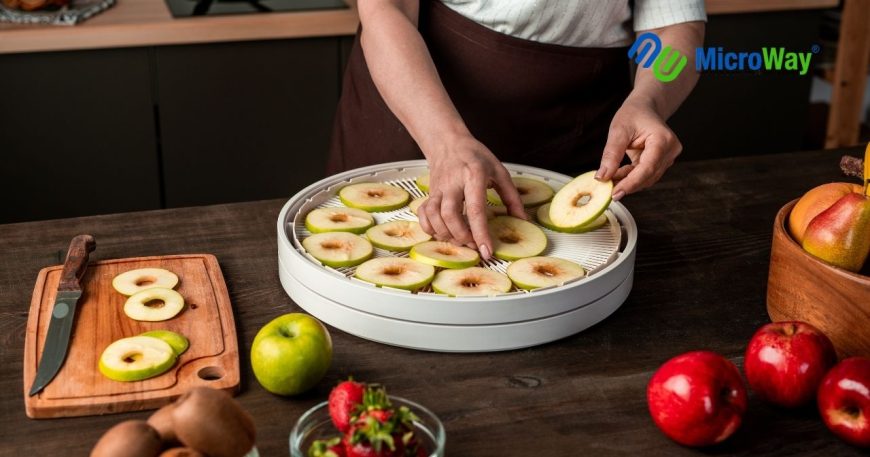Custom Industrial Microwave Tempering for Faster Processing
In the modern food industry, controlling product temperature during production is essential to ensure quality, consistency, and food safety. One of the most efficient and advanced methods for achieving this is through a custom industrial microwave tempering system. These systems offer rapid, uniform heating tailored to the unique needs of each product, making them ideal for large-scale food manufacturing.

What Is a Custom Industrial Microwave Tempering System?
A custom industrial microwave tempering system uses microwave energy to gently and evenly raise the temperature of frozen or chilled food products. Unlike conventional tempering methods that can be time-consuming and uneven, microwave tempering heats the product from the inside out, reducing process times and improving consistency. These systems can be fully customized to meet the needs of different production lines, from meat and poultry to chocolate and dairy products.
In countries like Morocco, where food processing and export industries are rapidly growing, particularly in sectors such as frozen seafood and meat, custom microwave tempering systems are becoming an attractive solution. With increasing demand for quality and speed, these systems provide a technological advantage in meeting both local and export standards.

Key Advantages of Custom Microwave Tempering Systems
Faster Processing Times
Microwave tempering significantly reduces the time needed to bring products to a workable temperature. This is especially critical for high-volume operations or regions with strict timelines for food export — a scenario common in North African markets, including Morocco.
Improved Product Quality
Even temperature distribution helps maintain texture, color, and nutritional value, whether tempering meats or delicate dairy products. For exporters in Morocco handling perishable goods, this technology helps maintain quality from factory to shipment.
Energy Efficiency
Microwave systems are inherently more energy-efficient than traditional tempering methods. The focused application of energy reduces waste and lowers operational costs — a crucial benefit for producers operating in energy-conscious markets.
Flexible Integration and Custom Design
With a custom industrial microwave tempering system, manufacturers can specify power levels, chamber dimensions, and conveyor speeds. This level of control allows systems to be tailored for unique processing requirements, whether used in a small facility or a larger operation, such as those growing in the Moroccan food export sector.
Applications Across the Food Industry
These systems are used in various food sectors, including chocolate tempering, meat thawing, seafood preparation, and dough conditioning. For example, frozen poultry producers in Fas (Morocco) use microwave tempering to accelerate processing without compromising hygiene or quality, enabling them to meet export demands more efficiently.
In confectionery and bakery operations, tempering systems ensure precise control, especially for products like chocolate that are sensitive to temperature changes. A custom industrial microwave tempering system allows these producers to meet consistent quality standards, critical in both local and international markets.
As the global food processing industry continues to modernize, the demand for precision, speed, and energy efficiency is rising. A custom industrial microwave tempering system meets these needs by offering a solution that is fast, reliable, and adaptable. For food manufacturers in Morocco and beyond, adopting this technology can lead to better product consistency, reduced energy costs, and more streamlined operations.
By choosing a system designed specifically for their needs, producers can maintain a competitive edge while ensuring their products meet both domestic and international expectations.


